The Tax Department's leaders explained that according to regulations, business households that are required to use electronic invoices generated from cash registers when selling goods or providing services to consumers must issue invoices (even if the buyer does not take the invoice).
If a business sells goods or provides services but does not issue invoices, it will be subject to additional tax collection, fines, and even determined to be tax evasion according to regulations.
However, for money transferred and received between individuals (such as giving and receiving) and not related to transactions of buying and selling goods, transactions that give rise to tax obligations, the tax authority does not include them in taxable revenue.
Not all money deposited into a personal account is taxable. (Illustration photo).
According to the Tax Department, one of the management measures of the tax authority is cash flow management, ensuring correct identification of the nature of transactions of buying and selling goods and services between businesses and consumers.
The fact that businesses require buyers to transfer money with content that is different from the actual transaction, and that businesses only accept cash when customers pay, cannot hide revenue.
In fact, based on the data exchanged and transmitted between the tax authority and state agencies, commercial banks, and related organizations according to tax management laws, the tax authority can completely determine the revenue and cash flow of business establishments, and can accurately and fully determine the tax obligations of business establishments that "intentionally" under-declare the amount of tax payable, intentionally avoid or evade taxes.
Ngoc Vy
Source: https://vtcnews.vn/bat-ke-khoan-tien-nao-vao-tai-khoan-ca-nhan-cung-bi-tinh-thue-ar949352.html











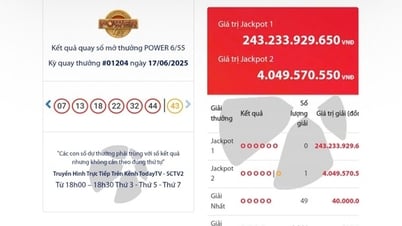



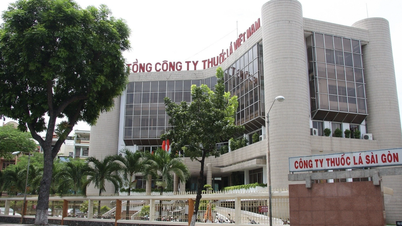

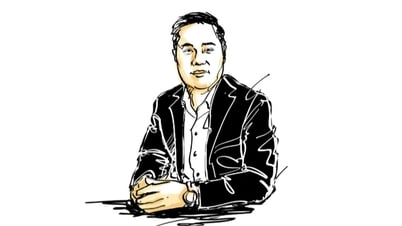







































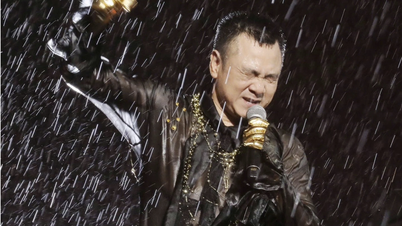









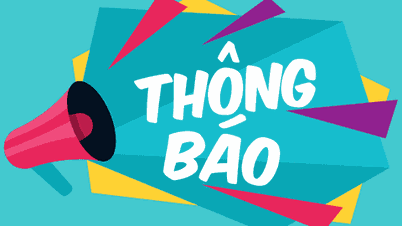





























Comment (0)